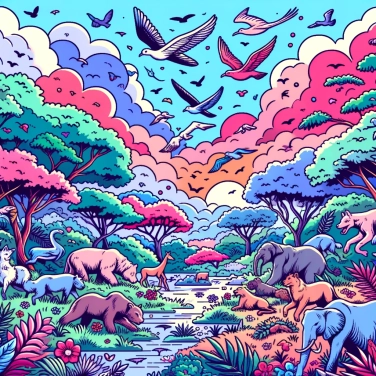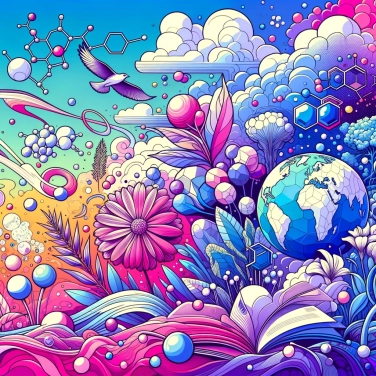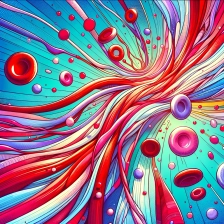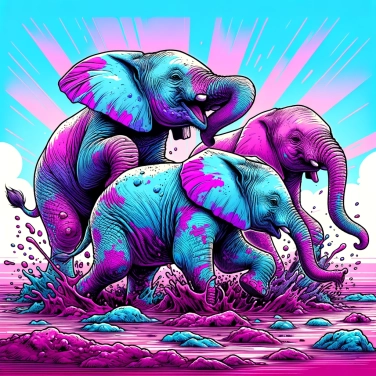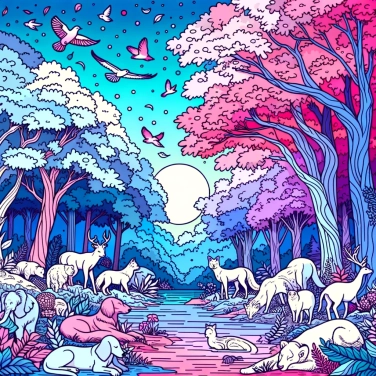In detail, for those interested!
To protect oneself from UV rays.
Elephants' skin is sensitive to ultraviolet (UV) rays from the sun due to their prolonged exposure in the African savannah. The mud they apply on their skin acts as a natural protection against these harmful rays. Indeed, mud has reflective properties that help reduce the absorption of UV rays by the elephant's skin. Furthermore, mud acts as a physical barrier that directly limits the skin's exposure to UV rays, acting as a sort of natural sunscreen for these giant animals. This strategy is particularly important for sensitive areas of the skin, such as the ears and back, which are most exposed to the sun's rays and where the elephant's skin is thinner and more fragile. Thus, applying mud on their skin allows elephants to protect themselves from the harmful effects of UV rays, helping to preserve their health and well-being in their natural environment.
To protect oneself from insects
Elephants cover themselves in mud to protect themselves from insects. Indeed, mud acts as a natural barrier against these small intruders. Insects can cause itching, irritation, and even transmit diseases to elephants. By covering themselves in mud, elephants create a hostile environment for insects, preventing them from landing on their skin and bothering them. This instinctive behavior allows them to remain more comfortable and healthier by avoiding the nuisances caused by insects.
To cool off.
Elephants cover themselves in mud to cool off. The mud acts as a natural insulator against the excessive heat of the sun. When elephants coat themselves in mud, it dries slowly and creates a cooling effect on their skin. Additionally, the process of water evaporation from the mud provides an extra sensation of coolness. This practice allows elephants to regulate their body temperature and protect themselves from the heat in hot weather.
![Explain why some countries change time zones?]()
![Explain why Alexander the Great refused to wear shoes.]()
![Explain why Alexander the Great always wore an impressive helmet.]()
![Explain why the last Chinese emperor was so young when he came to power?]()



